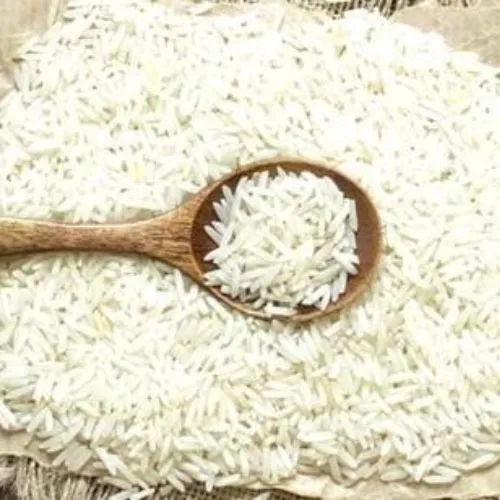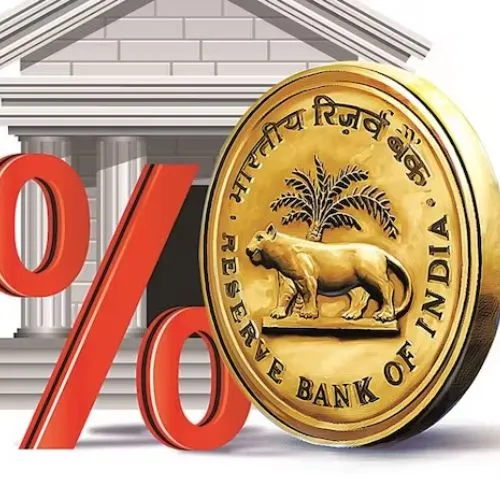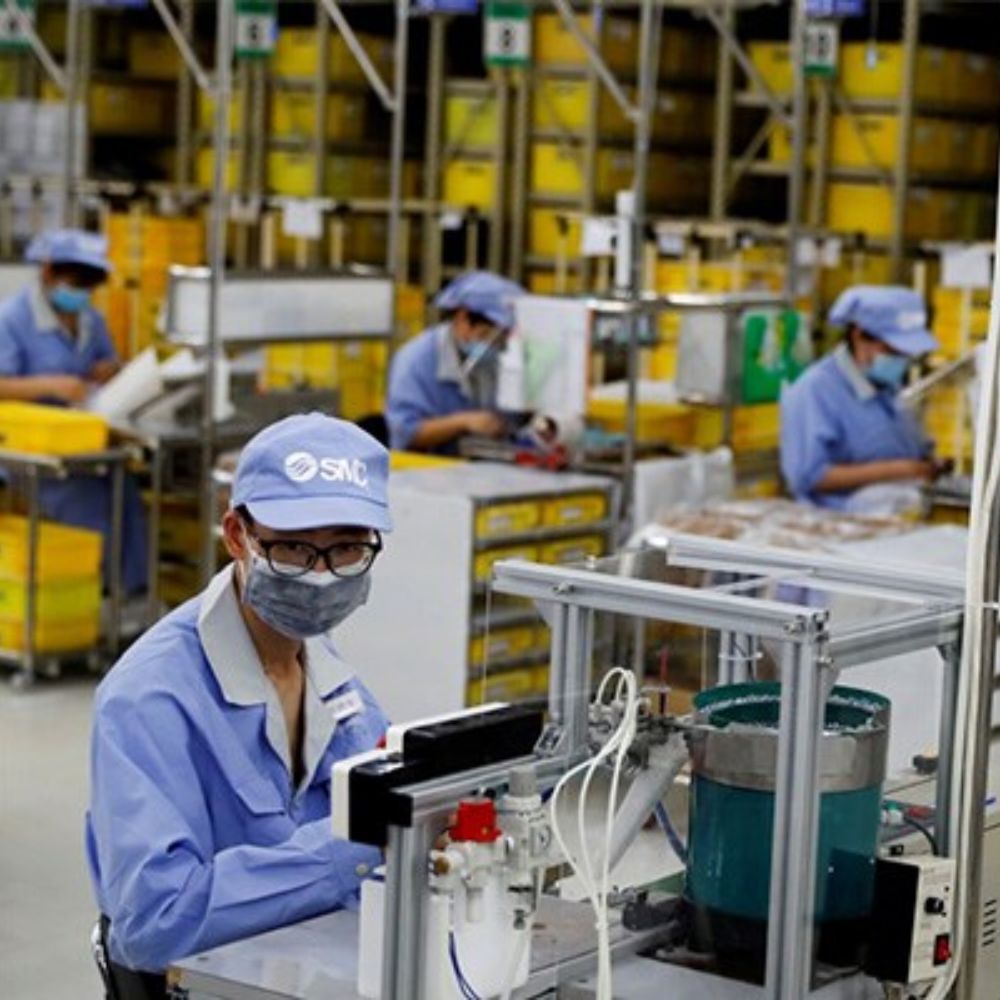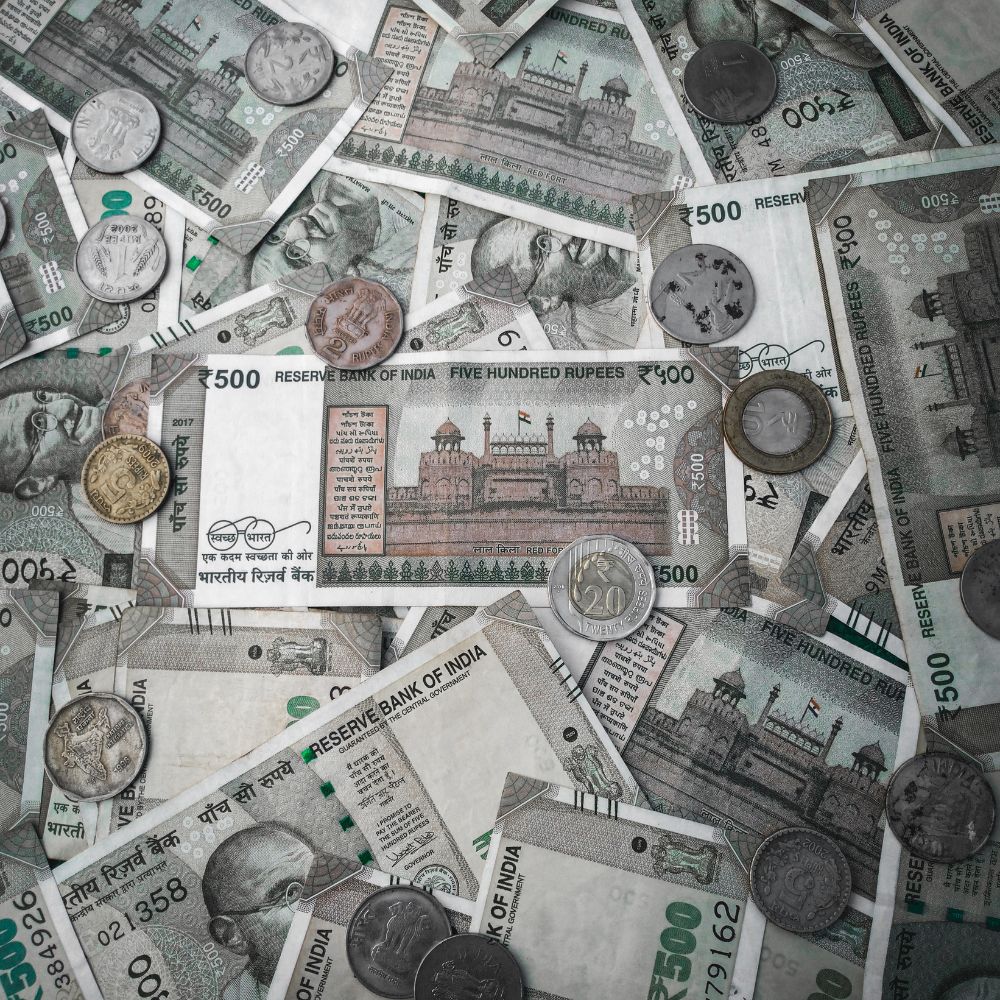According to official figures, inflation in the UK dropped more than forecast in June and slowed to 7.9%, which will lessen pressure on the Bank of England to continue hiking interest rates substantially.
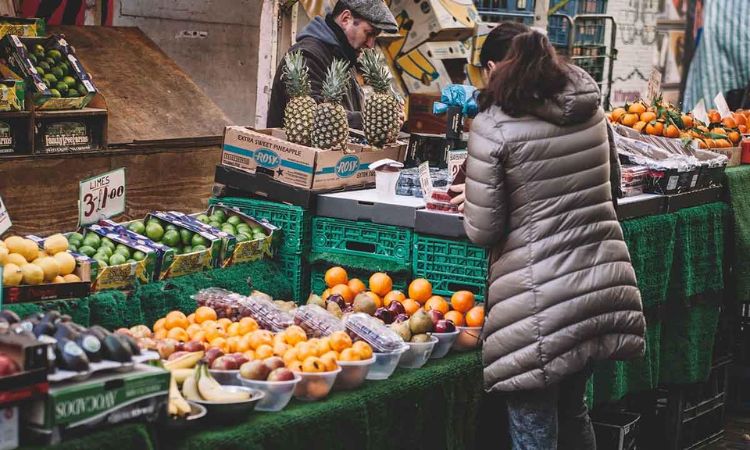
The Office for National Statistics reported that the consumer price inflation growth rate was at its lowest level since March of last year but was still higher than the rate of price increase in many other large, wealthy nations, which led to a decline in the value of the pound.
According to Reuters’ survey of economists, the CPI rate in the year ending in June will fall from May’s 8.7% to 8.2%, further edging away from the 41-year high of 11.1% set in October but still well above the BoE’s 2% objective.
The BoE stated in May that it anticipated inflation dropping to 7.9% in June.
The BoE constantly monitors core inflation, which is a measure of inflation that excludes prices for food, energy, alcohol, and tobacco, to determine underlying price pressures. Core inflation fell more than predicted, from 7.1% in May to 6.9%, its joint-highest level in more than 30 years.
Reuters polled economists, and they predicted that the core measure of price growth would remain at 7.1%.
From 18.3% in May, food price inflation dropped to 17.3% in June, but it is still a significant financial burden for many households.
On August 3, the BoE is anticipated to hike interest rates for the fourteenth consecutive time after already raising its base rate to 5% in May from 0.1% in December 2021.
Prior to the upcoming national election in 2024, Prime Minister Rishi Sunak pledged earlier this year to cut inflation in half by the end of 2023. Finance Minister Jeremy Hunt has termed this goal as ambitious.
The opposition Labour Party, which is leading in surveys, has charged Sunak’s Conservative Party with overseeing a “mortgage catastrophe” as homeowners see their borrowing bills rise.









